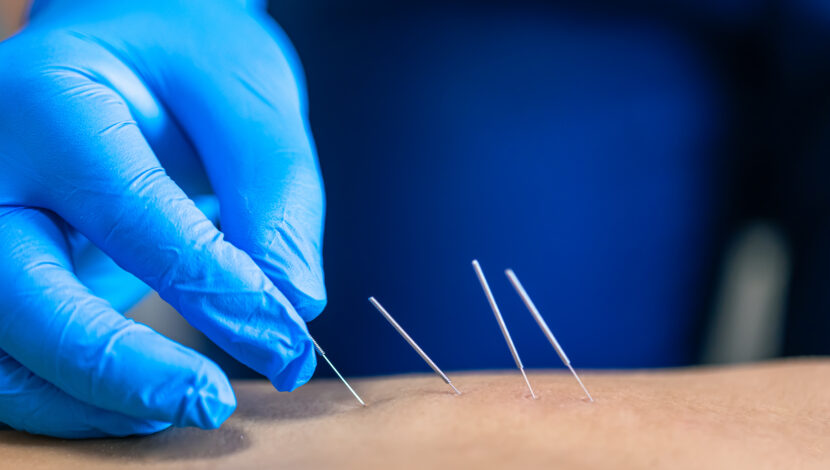Professor Wakim, gynaecologist and specialist in IVF, explains the history of contaception:
The pill is 60 years old, to celebrate we’re looking back at the history of contraception to see how far we’ve come..
Here’s a rundown of exactly how we got to the place we are today where there are many options for women to prevent pregnancy (but still very few for men).
Along with the pill, there are also more non-hormonal options available than ever before too
1915: The London Rubber Company (now Durex!) launched to sell condoms
1921: Marie Stopes opened the first ever birth-control clinic in the UK, in north London. It was called ‘the Mothers’ Clinic for Constructive Birth Control’ and was free for all married women to find out about birth-control methods and reproductive health.
1930: The Church of England ruled that married couples could use birth control.
1961: The pill is launched! But only for married women.
1967: The pill becomes available for single women, when parliament passed the ‘NHS Family Planning Act’. By this point, 12.5 million women all over the world were taking it.
1972: Vasectomy for men was mentioned as an alternative.
1976: Copper IUDs are shown to be highly effective when used as emergency contraception, up to five days after the earliest estimated day of ovulation.
1984: The first emergency contraception (morning after pill) is launched in the UK.
1995: A health scare over thrombosis caused a huge number of women to stop taking the pill, meaning there was an increase in pregnancies and abortions. (A report in 2000 concluded the scare was completely unfounded).
2001: The morning after pill is now available to buy over the counter in pharmacies.
2013: Fertility tracking app Natural Cycles launched – it was also granted medical approval to be used as contraception in the European Union in 2017
2015: The morning after pill is licensed for under-16s, meaning it can be given to any woman who needs it in Europe.
2020: Because of the pandemic, governments in England, Scotland and Wales (temporarily) relaxed abortion rules. In every part of the UK, except for Northern Ireland, people in early pregnancy can take abortion pills – ‘pills by post’ – at home following a telephone consultation. There are calls to make this change permanent.
2021: The mini pill is now available to buy over the counter from pharmacies.
The development of contraception could go a couple of ways. There is, of course, the elusive male pill – which was first proposed back in 1957! – and, well, it’s still in trial, and probably won’t be available for at least another decade. It’s recently been proven to be effective, with very few side effects, so there’s hope. There are currently only two options for men: condoms or vasectomies. There’s also the impending arrival of Phexxi to the UK, a non-hormonal gel that alters the pH of the vagina to make it inhospitable to sperm by making it more acidic. It launched in the US earlier this year.
Book an appointment with Pr Wakim here






